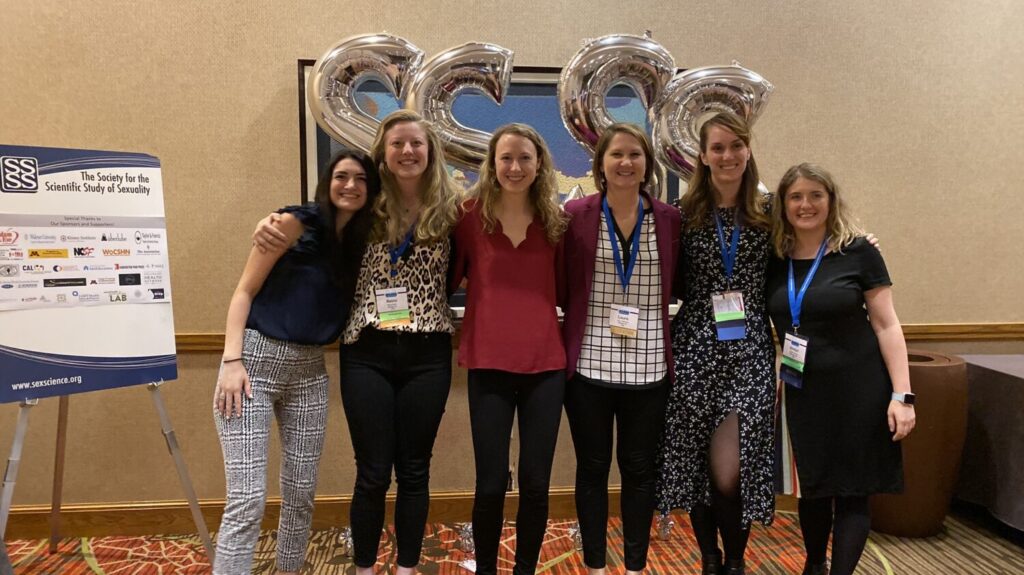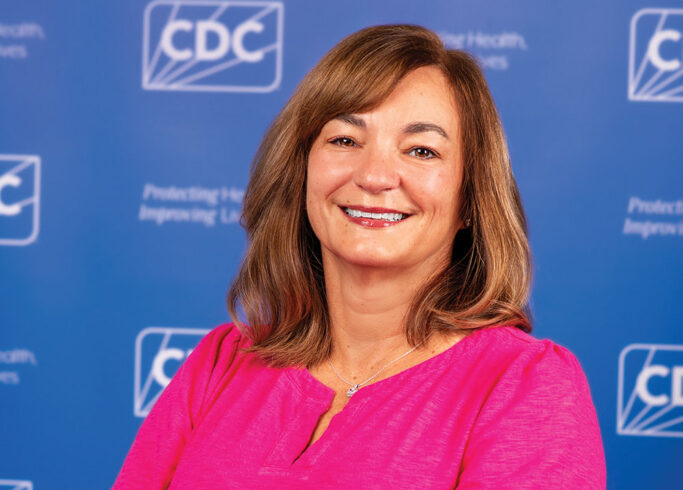Young people in foster care have three times the risk of acquiring STIs, including HIV, compared to youth not in foster care. Developmentally tailored HIV/STI prevention programs can reduce this risk, but this population, due to their transient social background, lacks access to consistent and accurate prevention information.
NC State psychology doctoral student Julia Brasileiro intends to fill this gap by adapting a web-based prevention program for adolescents in foster care. She also aims to identify possible factors that may impact the program’s implementation.

To assist with her research, Brasileiro received a training grant from the National Institutes of Health (NIH) for $25,000 a year for three years. The grant, a first for the College of Humanities and Social Sciences, provides Brasileiro with supervised research training for her dissertation project: “Adapting an eHealth HIV/STI Prevention Program for Implementation Among Foster Youth.”
As part of the grant, Brasileiro will collaborate with NC State psychology professors Laura Widman, her primary mentor, and Kate Norwalk. She will also work with UNC-Chapel Hill public health professors Carol Golin and Vivian Go, as well as with Wendee Wechsberg, director of the Global Gender Center at RTI International Research Institute, headquartered in Research Triangle Park.
“In addition to assembling an interdisciplinary mentorship team, Julia’s research is highly collaborative and draws on several disciplines,” underscoring the cooperative nature between students and faculty in the psychology department, Widman said.
Brasileiro and her mentors plan to adapt the web-based prevention program called Health Education and Relationship Training (HEART) for youth in foster care. That online program, developed by Widman, proved to be effective at improving sexual health outcomes among adolescents.
Additionally, Widman and Norwalk conducted research demonstrating that there is a need for more resources related to sexual health for young people in foster care.
“Given the established need for more resources and an already existing and effective preventive program, a logical next step was to adapt the program for youth in foster care and figure out how best to implement it, Brasileiro said of the inspiration for her grant idea.

“It (the idea) combines two of my passions: implementation research (methods that support the uptake of an intervention into routine practice) and sexual and reproductive health.”
Brasileiro is particularly passionate about helping to improve the sexual and reproductive health of marginalized populations, an area she has been working in for the past decade. She said working within the foster care system dovetailed with the start of her doctoral studies.
She credits professor Widman with encouraging her to apply for different grants and pointing her toward the NIH grant. It will provide her with the rigorous training needed to become an independent research scientist.
That training, she added, started with her classes at NC State and being part of the Teen Health Lab, where there were “lots of opportunities to conduct hands-on research and receive feedback on research ideas.”
Asked how psychologists and social scientists add value to health-based projects, Brasileiro said: “They draw from their knowledge in health behavior change to design and adapt programs that work and assess if and for whom programs are making a difference.”
Those are the same reasons Brasileiro is pursuing her doctoral degree and dissertation project.
- Categories:



